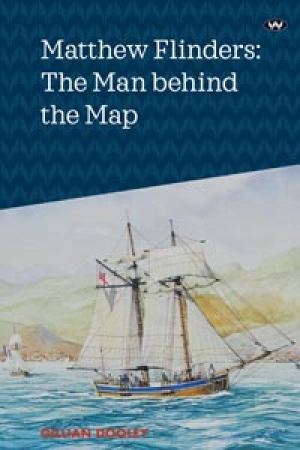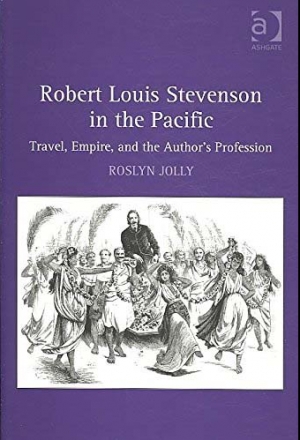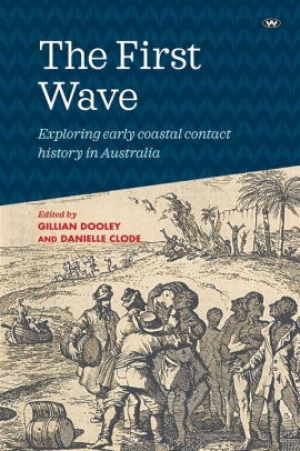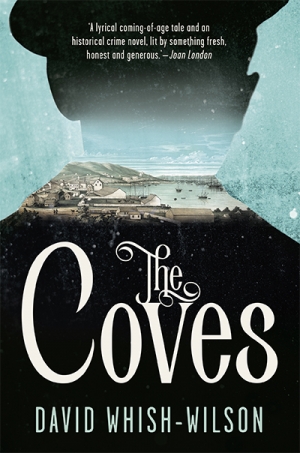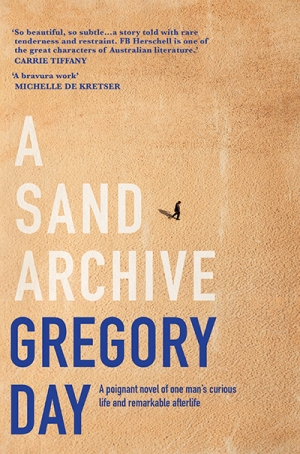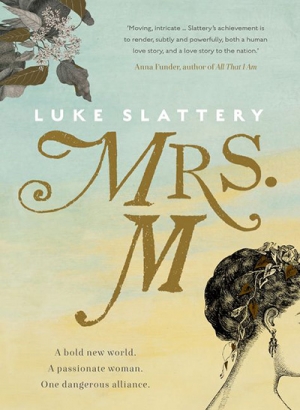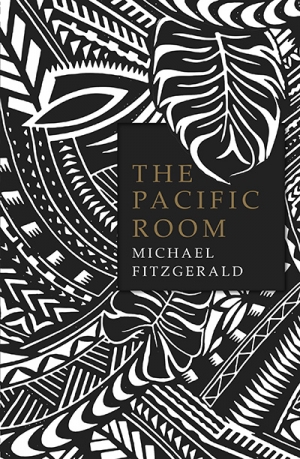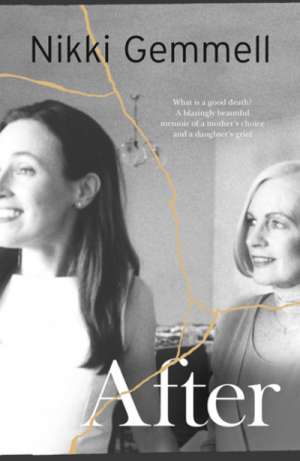Gillian Dooley
Matthew Cunneen reviews 'Matthew Flinders: The man behind the map' by Gillian Dooley
Few names are so ubiquitous in Australian culture or hold such a significant position in its history as that of Matthew Flinders. More than one hundred sites across Australia have been named in his honour, commemorating his accomplishments as a navigator, hydrographer, cartographer, and scientist. Among them are several statues featuring Flinders with Trim, his ever-faithful pet cat and companion, as well as numerous geographic landmarks, electoral districts, and a university.
... (read more)Gillian Dooley reviews 'Robert Louis Stevenson in the Pacific: Travel, empire and the author’s profession' by Roslyn Jolly
In 1887 Robert Louis Stevenson, the author of Kidnapped (1886) and Dr Jekyll and Mr Hyde (1886), left England for the sake of his declining health. By the end of 1889 he was living in Samoa. The British reading public adored Stevenson, and reactions in the press to his immersion in the complicated politics of his new home ranged from irritation to incomprehension. When the sequel to Kidnapped, Catriona (or David Balfour), was published in 1893, they rejoiced in the restoration of ‘their RLS’. One reviewer wrote, ‘Write as many sequels to “Kidnapped” as you wish, and we will read them with zest, but do not tell us anything more about Samoa.’
... (read more)Alexandra Roginski reviews 'The First Wave: Exploring early coastal contact history in Australia' edited by Gillian Dooley and Danielle Clode
First encounters between Indigenous Australians and European voyagers, sealers, and missionaries often unfolded on the beach, a contact zone where meaning and misunderstanding sparked from colliding worldviews. This sandy theatre also serves as one of the enduring metaphors of ethnographic history, a discipline that reads through the accounts of European explorers, diarists, and administrators to reconsider historical accounts of the gestures of Indigenous people from within their own cultural frameworks.
... (read more)A small bay is a cove, and so is a man, according to old-fashioned slang. The Coves takes advantage of this coincidence: it’s a story about a gang of men that rules ‘Sydney Cove’ in the mid-nineteenth century. But this is not the familiar Sydney Cove in New South Wales. There is another one ...
... (read more)‘And so I patch it together … I take the liberty of seeking not only an explanation but a connection between what at first might appear to be disparate ingredients.’ The narrator of Gregory Day’s new novel, A Sand Archive, takes many liberties. Enigmatic in various ways, apparently solitary, nameless, and ungendered, ...
... (read more)Comments from John Miller, Barry Oakley, Davd Fitzpatrick, Claire Rhoden, and Robert Wills.
... (read more)Gillian Dooley reviews 'Mrs M: An imagined history' by Luke Slattery
'Mrs M’ is the second wife of Lachlan Macquarie, governor of New South Wales from 1810 to 1821. Luke Slattery explains in his Author’s Note the impulse behind his novel – Elizabeth Macquarie’s voice coming to him, romantically, in a dream. It was not quite unprompted. He had been visiting her home territory in ...
... (read more)Gillian Dooley reviews 'The Pacific Room' by Michael Fitzgerald
Simile haunts The Pacific Room. So many sentences begin ‘It’s as if ...’ that the phrase seems like an incantation. Michael Fitzgerald writes that he agrees with Robert Louis Stevenson that ‘every book is, in an intimate sense, a circular letter to the friends of him who writes it. They alone take his meaning.’ For the reviewer coming from outside the circle, this ...
... (read more)In 2015, Nikki Gemmell’s mother, Elayn, took an overdose of painkillers. Gemmell’s new book, After, chronicles the difficult process of confronting her mother’s death and resolving the anguish it brought to her and her children. It is also an impassioned appeal for changes in Australia’s laws on the right to die.
...Gillian Dooley reviews 'Australian Literary Studies' edited by Julieanne Lamond
Until 2015, Australian Literary Studies was still a printed artefact. It appeared in the mildly erratic pattern endemic to Australian humanities journals, which depend on busy people finding time for the rewarding but often unrewarded task of editing. Nevertheless, despite rising production costs and increasing competition from the online world, it remained ...

